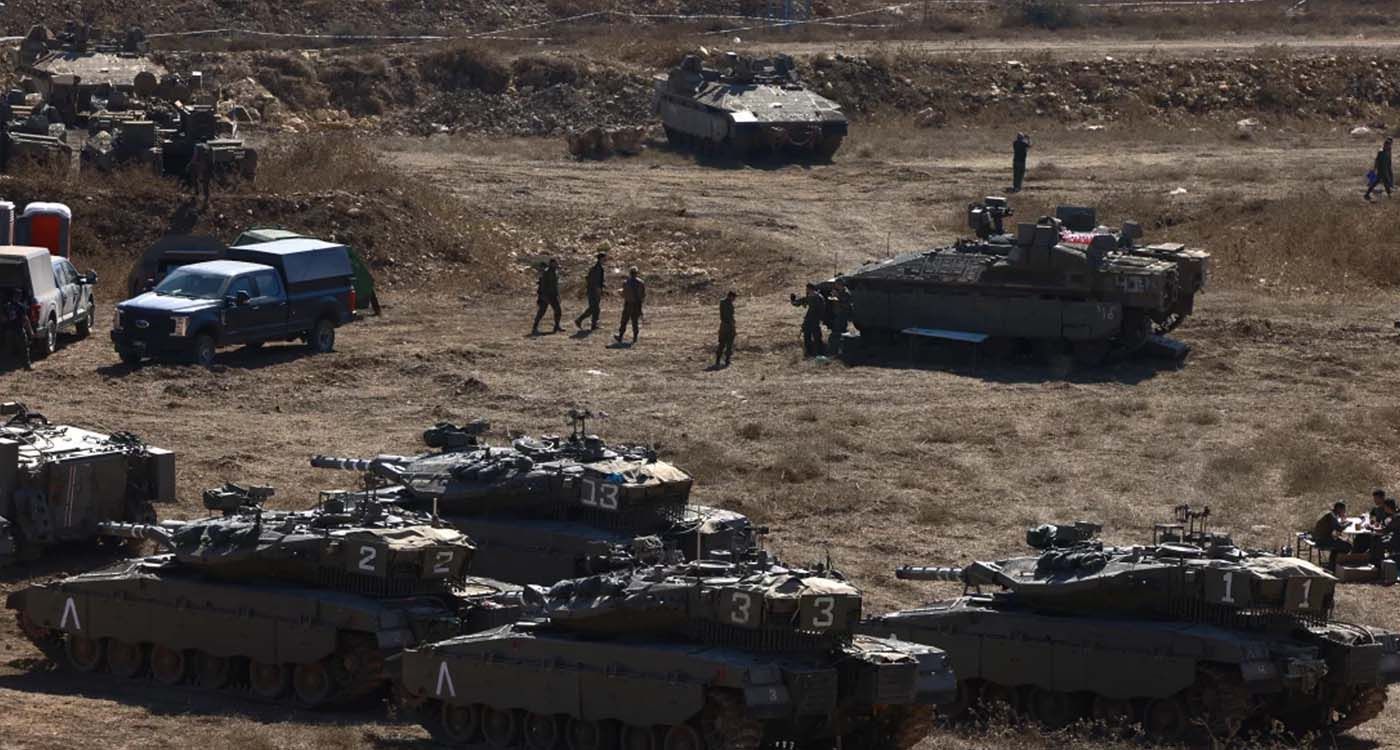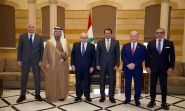
In psychology, denial is a well-known defense mechanism used to cope with failures and setbacks. It is therefore not surprising that Hezbollah’s Secretary-General, Sheikh Naim Qassem, confidently asserts — along with his party’s leadership and supporters — that the two-month-long conflict with Israel brought about a victory “greater” than that of 2006 (!). Back then, Hassan Nasrallah had already deemed the 2006 outcome a “divine victory.” Eighteen years later, it takes a remarkable stretch of imagination to grasp how such a “divine” threshold could be surpassed in a war that has caused immense devastation to Lebanon, a nation caught up in the conflict against its will.
This denial, aimed at appeasing domestic audiences, should not deter us from taking an objective, unvarnished look at the current reality after more than two months of conflict. The ceasefire agreement, which has been in place since November 27, merely reasserts the terms of UN Security Council Resolution 1701 voted in 2006, which already banned Hezbollah’s armed presence south of the Litani River. Back in 2006, the Shiite party managed skillfully but steadily to undermine the resolution’s provisions, re-establishing its military deployment along Israel’s border over time.
In theory, nothing would prevent such a situation from recurring. However, Sheikh Naim Qassem conveniently overlooks the fact that this time, the enforcement of Resolution 1701 is under strict Israeli-American oversight. A US general now chairs the committee tasked with ensuring adherence to the November 27 comprehensive agreement, which includes Hezbollah’s disarmament far beyond the south of the Litani River. More importantly, Israel has secured the right, through an annexed agreement concluded with the United States, to take military action should the pro-Iranian faction violate the agreement's provisions.
The so-called "beyond divine" victory claimed over the past two months of war speaks for itself. Alongside the elimination of its charismatic and widely popular secretary general and almost all of its high-ranking political and military leadership (not to mention other casualties and extensive destruction), Hezbollah has failed to meet its objectives. These were to alleviate military pressure on Hamas and sustain a "unity of front" between the South and Gaza, as Hassan Nasrallah had pledged on October 8, 2023, when he reactivated the southern front. To top it off, Hezbollah finds itself now bound to an agreement whose ultimate outcome, under Israeli-US supervision, is anticipated to lead to the dismantling of its militia apparatus and, consequently, the end of its self-styled role as a "resistance" force.
In a matter of weeks, the military campaign initiated at the behest of the Iranian mullahs has dealt a severe blow to Hezbollah's military infrastructure, painstakingly built over more than two decades across various regions of Lebanon. This extensive network, financed with hundreds of billions of dollars from Tehran, has been largely wiped out. Rebuilding what has been lost over the past two months will require years of effort and significant financial resources from the party’s new leadership. Yet, this effort will face a dramatically altered geopolitical reality now unfolding in the region.
The ongoing fighting and major developments in Syria confirm reports from various sources suggesting an international consensus to curb Iranian influence in the region. This influence had long been asserted through the establishment of proxies across at least four Arab nations. With the substantial setback Tehran has faced in Lebanon, the situation in Syria may devolve into a scenario akin to the “Libyan-style” chaos, significantly weakening the Revolutionary Guards’ presence in Syria. More importantly, it could largely disrupt — if not completely halt — the transfer of weapons and ammunition to Hezbollah, a task that the Israeli Air Force appears prepared to enforce by sealing any breaches along the Syrian-Lebanese border.
The devastating toll of the war in Lebanon, the upheavals in Syria and the likelihood of further shifts in Iraq, Yemen and eventually Iran, point to the emergence of a new Middle East. This shift has been openly acknowledged by Israeli Prime Minister Benjamin Netanyahu. In such a context, will Lebanon's sovereigntist factions rise to the challenge and forge a common roadmap that aligns the country’s future with this evolving regional order? Lebanon faces no greater challenge than meeting this decisive moment head-on.




Comments